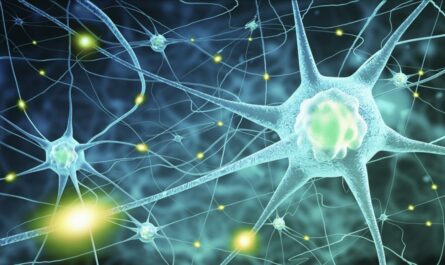Can the appreciation of art be detached from the artist’s persona? Throughout history, renowned artists have faced public scrutiny due to their controversial statements, beliefs, or actions. This raises the question of how an artist’s biographical knowledge influences the perception and reception of their art. With the recent surge of allegations and revelations in the MeToo debate, this issue has gained significant public attention. Previous experimental research on this topic has been limited.
At the Institute of Psychology of Humboldt-Universität zu Berlin (HU), researchers conducted a study to explore the relationship between artists’ reputations and the perception of their works. Participants were asked to evaluate a collection of paintings based on their liking, arousal, and quality. The artists ranged from the well-known, such as Salvador Dalí, to those who were unknown. After the participants had committed the artists’ information to memory, their brain activity was recorded using an electroencephalogram (EEG).
The study aimed to investigate whether negative knowledge about an artist would influence the perception of their artwork, regardless of the artist’s level of fame. The researchers hypothesized that the participants’ brain responses to the paintings would differ depending on the artists’ reputations.
The findings of this study contribute to our understanding of the complex relationship between art, artists, and the public’s perception. By shedding light on the neurocognitive processes involved, researchers can provide valuable insights into how artists’ reputations shape our appreciation of their works.
*Note:
1.Source: Coherent Market Insights, Public sources, Desk research
2.We have leveraged AI tools to mine information and compile it



